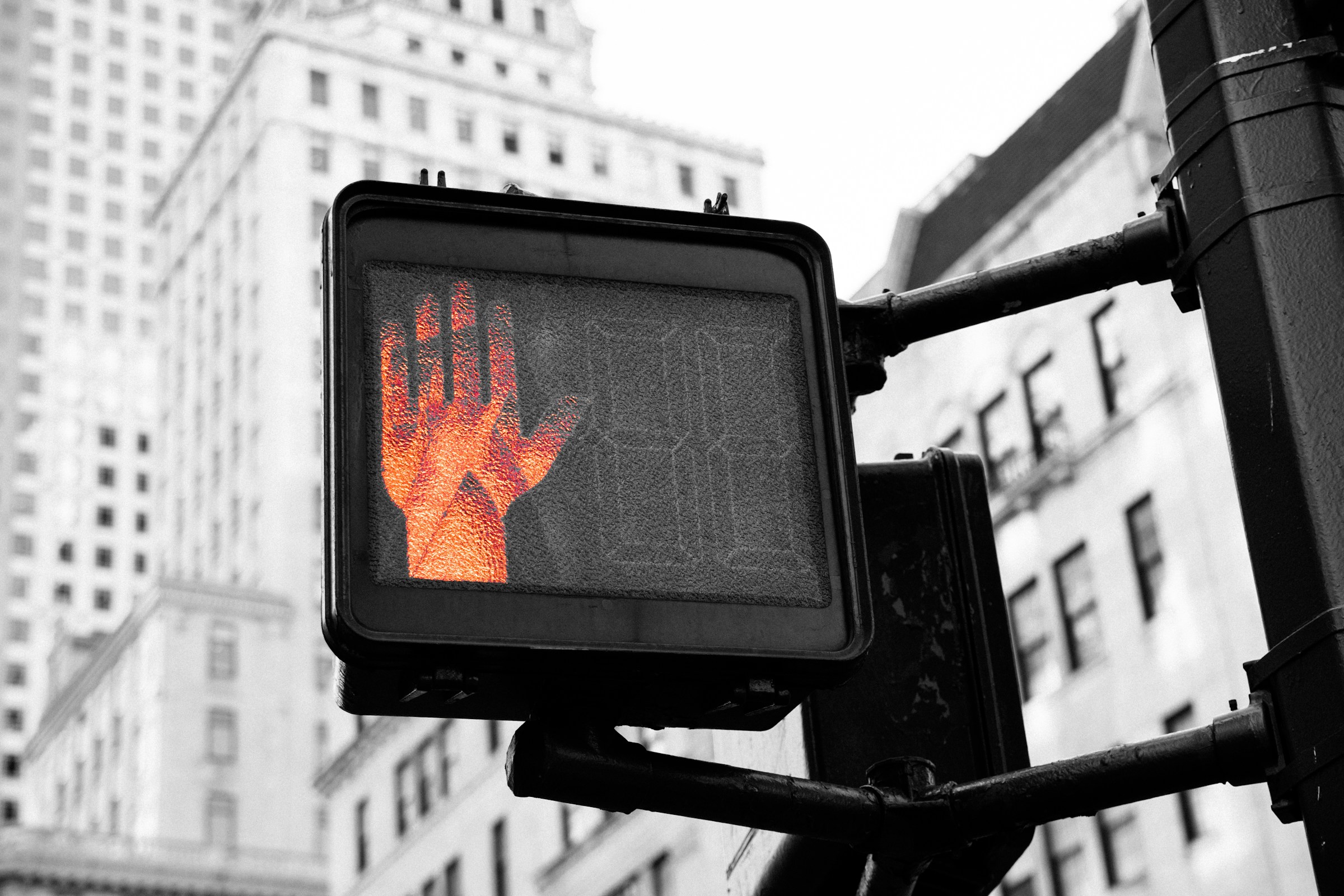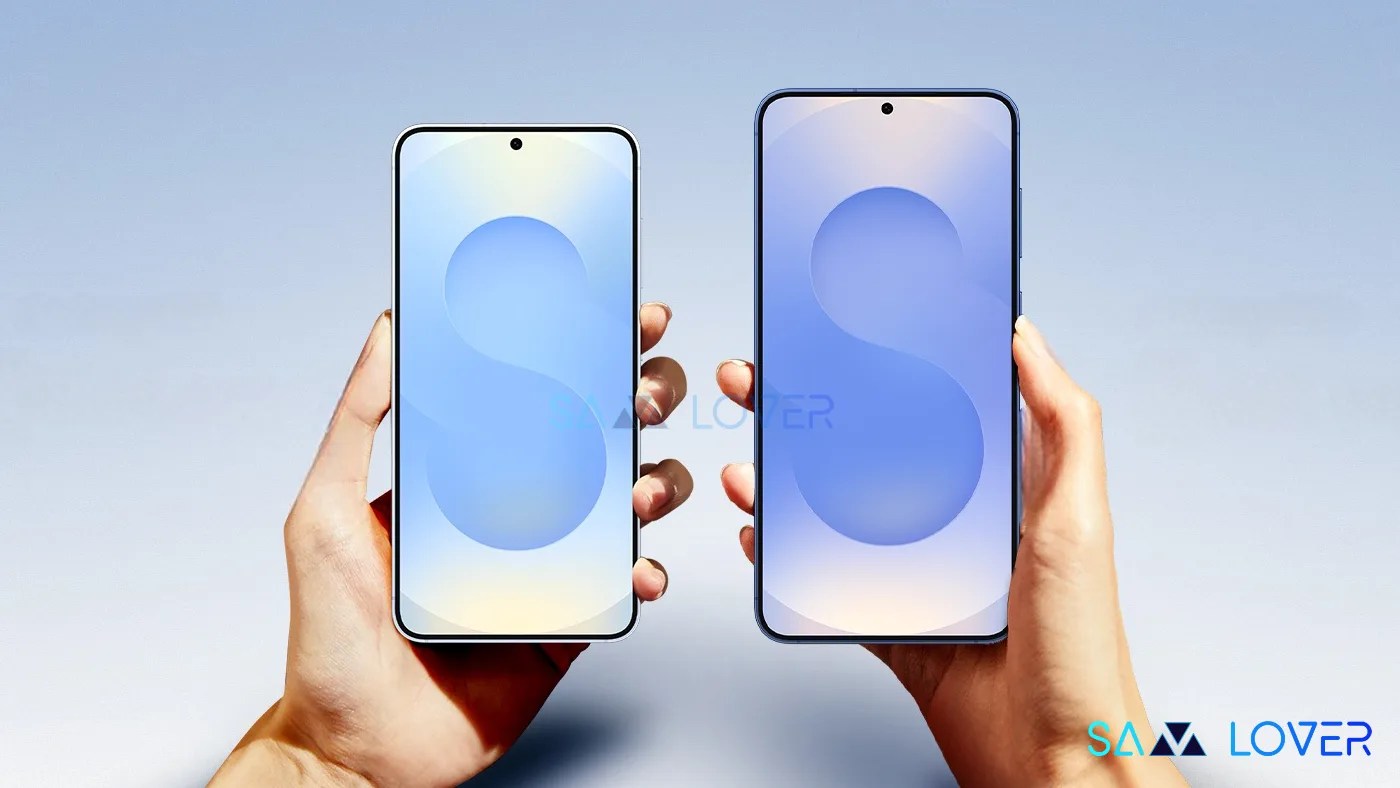OpenAI has withdrawn its enhanced image generation feature, which is powered by the advanced GPT-4o reasoning model, from the free tier of ChatGPT.
This decision was made just a day after the update was launched, following an unexpected surge in users generating images in the distinctive style of the renowned Japanese animation house, Studio Ghibli.
The update, which aimed to deliver improved realism in both AI-generated images and text, was intended to showcase the capabilities of GPT-4o. This new model utilizes an “autoregressive approach” to image creation, building visuals from left to right and top to bottom, a method that differs from the simultaneous generation used by older models. This technique is designed to enhance the accuracy and lifelike quality of the produced imagery.Furthermore, the new model generates sharper and more coherent text within images, addressing a common shortcoming of previous AI models, which often resulted in blurry or nonsensical text. OpenAI also conducted post-launch training, guided by human feedback, to identify and rectify common errors in both text and image outputs.However, the public response to the image generation upgrade took an unexpected turn almost immediately after its release on ChatGPT. Users welcomed the ability to create images in the iconic style of Studio Ghibli, sharing their imaginative creations across various social media platforms. These included reimagined scenes from classic films like “The Godfather” and “Star Wars,” as well as popular internet memes such as “distracted boyfriend” and “disaster girl,” all rendered with the aesthetic of the beloved animation studio.Even OpenAI CEO Sam Altman joined in on the fun, changing his X profile picture to a Studio Ghibli-esque rendition of himself: However, later that day, Altman posted on X announcing a temporary delay in the rollout of the image generator update for free ChatGPT users.While paid subscribers to ChatGPT Plus, Pro, and Team continue to have access to the feature, Altman provided no specific timeframe for when the functionality would return to the free tier.
However, later that day, Altman posted on X announcing a temporary delay in the rollout of the image generator update for free ChatGPT users.While paid subscribers to ChatGPT Plus, Pro, and Team continue to have access to the feature, Altman provided no specific timeframe for when the functionality would return to the free tier.
 Want to learn more about AI and big data from industry leaders? Check out AI & Big Data Expo taking place in Amsterdam, California, and London. The comprehensive event is co-located with other leading events including Intelligent Automation Conference, BlockX, Digital Transformation Week, and Cyber Security & Cloud Expo.Explore other upcoming enterprise technology events and webinars powered by TechForge here.
Want to learn more about AI and big data from industry leaders? Check out AI & Big Data Expo taking place in Amsterdam, California, and London. The comprehensive event is co-located with other leading events including Intelligent Automation Conference, BlockX, Digital Transformation Week, and Cyber Security & Cloud Expo.Explore other upcoming enterprise technology events and webinars powered by TechForge here.



